ITB Geodesy and Geomatics Postgraduate Students Receive Briefing: From Academic Regulations to Communication Ethics
BANDUNG – A lively atmosphere filled the ITB Ganesha Campus Hall on Friday (September 12, 2025), as new students of the Geodesy and Geomatics Engineering Postgraduate Program participated in the “Thesis and Dissertation Writing Briefing.” This event served as a crucial opportunity to prepare Master’s and Doctoral students to understand their study direction, academic regulations, and good communication ethics during their studies.
The Dean of the Faculty of Earth Sciences and Technology (FITB) ITB, Dr. techn. Dudy Darmawan Wijaya, S.T., M.Sc., stated that this briefing was not merely an introduction, but also a first step in building high-quality research and impactful scientific work. “We want postgraduate students to have a clear direction, understand academic ethics, and be ready to produce research that is relevant to society,” he said.
FROM REGULATIONS TO ETHICS: THREE SPEAKERS, THREE PERSPECTIVES
This event featured three speakers with complementary topics.
Dr. Ir. Irwan Gumilar, S.T., M.Si., explained various postgraduate education regulations, study path options, and the preparation of the FRS.
Dr. Andri Hernandi, S.T., M.T., invited participants to explore the deeper meaning of master’s and doctoral studies, namely the process of critical and creative thinking.
Brian Bramanto, S.T., M.T., Ph.D., shared the importance of maintaining ethical communication in academia, especially in the relationships between students, supervisors, and research colleagues.
PREPARING STUDENTS TO BE READY TO “RESEARCH, PUBLISH, AND IMPACT”
In his presentation, Dr. Irwan Gumilar, who is also the Head of the Geodesy and Geomatics Engineering Postgraduate Study Program, emphasized the importance of increasing scientific publications as a benchmark of academic quality. “We are working to increase the number of Q1-indexed publications, but what is more important is the quality of research that truly provides benefits,” he explained.
He also added that the study program’s research direction is now broader—from geodesy, disaster management, land administration, to hydrography—to align with national needs and global challenges.
LEARNING TO THINK CRITICALLY AND REFLECTIVELY
Meanwhile, Dr. Andri Hernandi emphasized that postgraduate education is not only about theory or data, but also about the process of dialectical thinking: daring to ask questions, challenge them, and then rebuild arguments based on facts.
“In academia, truth never stops at one point. There is always room for testing and improvement,” he said. He also encouraged students to use Indonesia’s social and cultural context as a source of inspiration for their research.
COMMUNICATION ETHICS, THE FOUNDATION OF COLLABORATION
Closing the briefing session, Brian Bramanto, Ph.D., emphasized the importance of communication ethics. For him, the ability to express ideas openly, accept criticism with open arms, and respect the opinions of others are key to successful research.
“Great research is not only judged by the final result, but also by how we collaborate and communicate throughout the process,” he said.
BEING MORE READY TO STEP INTO THE WORLD OF RESEARCH
Through this activity, ITB’s Geodesy and Geomatics postgraduate students not only gained technical knowledge but also learned the important values of integrity, collaboration, and critical thinking.
“Hopefully, the students can undertake their studies with more confidence and productivity, and produce scientific work that provides real benefits,” concluded Dr. Irwan Gumilar optimistically.
*****
Regards
Rudi
Information Systems Staff
Hits: 0

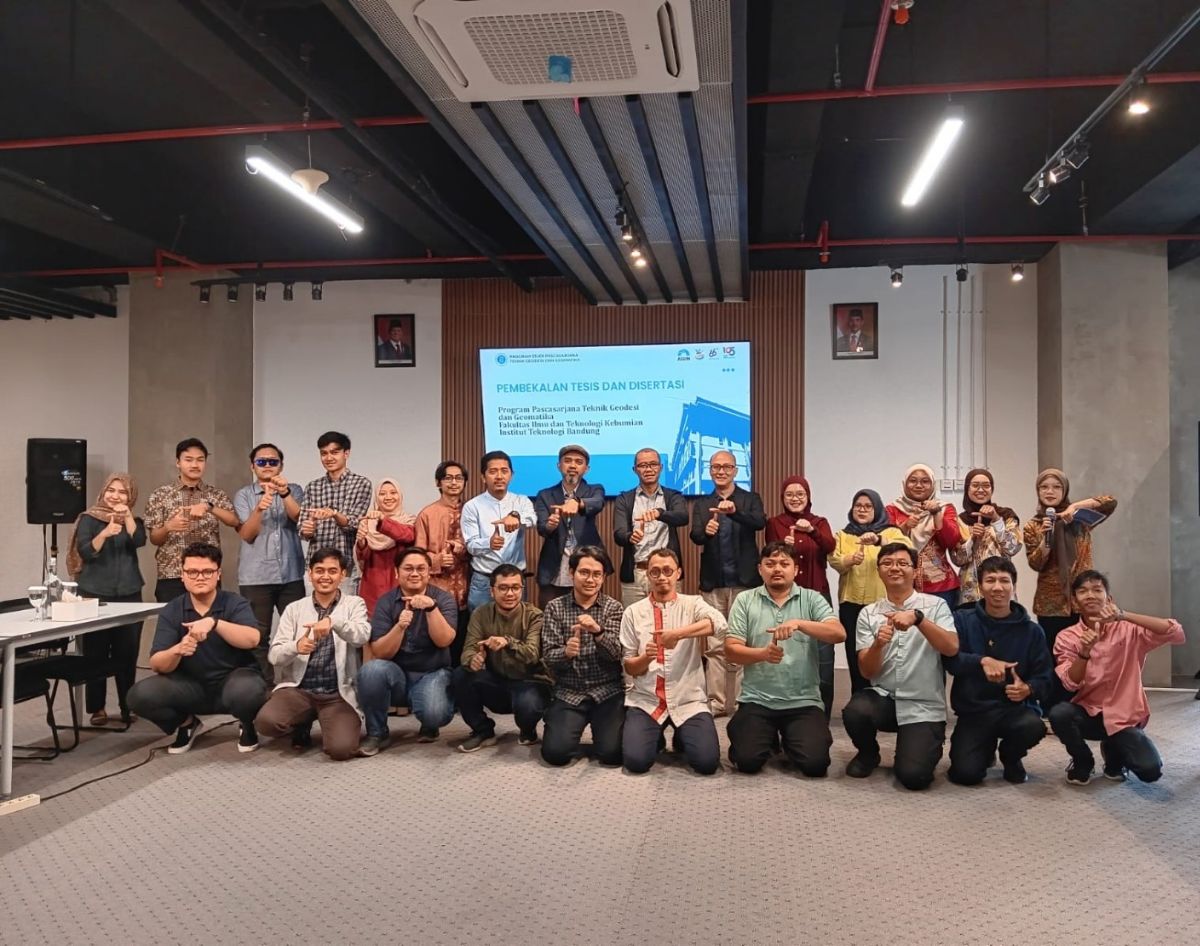

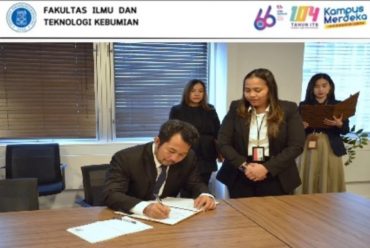
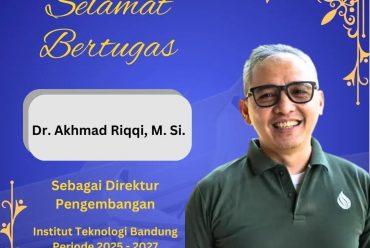
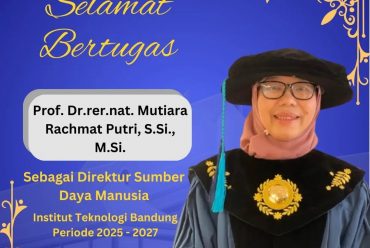
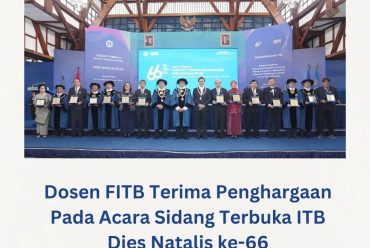
No Comments